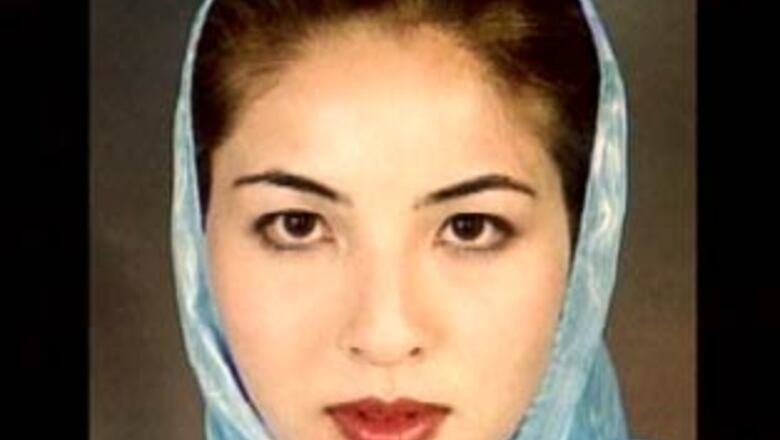
views
Tehran: After more than three months in jail for allegedly spying for the US, Iranian-American journalist Roxana Saberi was released on Monday from Tehran's Evin prison.
The release came after the appeal court revised the lower court's eight-year jail sentence and turned it into a two-year suspended term.
Saberi is expected to be allowed to leave the country despite the suspended term and return with her parents to her hometown in Fargo, North Dakota.
Saberi's Iranian father and Japanese mother had refused to return to the US without their daughter.
Saleh Nikbakht, one of Saberi's two lawyers, had told the ISNA news agency about the revision by the appeal court which was later confirmed Judiciary spokesman Alireza Jamshidi.
Iranian foreign ministry spokesman Hassan Ghashghavi had earlier rejected any speculation that Saberi's verdict would be revised due to political considerations.
The 32-year-old Saberi, who worked for US National Public Radio, was sentenced to eight years in prison last month on charges of spying for the US government.
But after the verdict, both President Mahmoud Ahmadinejad and Judiciary head Mahmoud Hashemi-Shahroudi interfered and pushed the prosecutor's office for a fair appeal and asked for Saberi to be provided with all legal facilities.
The rather unusual interference by the two top officials led to speculations that the judiciary might be forced to revise the harsh verdict for political considerations.
Also, legal experts in Tehran said that espionage charges which led to the eight-year jail term could hardly be revised on a legal basis to a two-year suspended sentence, adding that either the espionage charges by the first court were wrong or there has been political mediation.
The US and some Western countries protested against Saberi's conviction, but Tehran rejected any foreign interference. It said Saberi was Iranian and would be treated the same as any other citizen.
Saberi was arrested in January and was initially charged with having bought a bottle of wine which is illegal in Iran but not regarded as a crime.
After she was jailed, the foreign ministry's spokesman said that her arrest and imprisonment were because she pursued her journalistic work without the obligatory official accreditation by the Ministry of Culture and Islamic Guidance in charge of local and foreign media.
The judiciary, however, charged her last month with espionage for the US and issued the eight-year sentence.
Saberi, who was said to have been working on a book about Iran at the time of her arrest, categorically denied the charges and even started a two-week hunger strike.




















Comments
0 comment